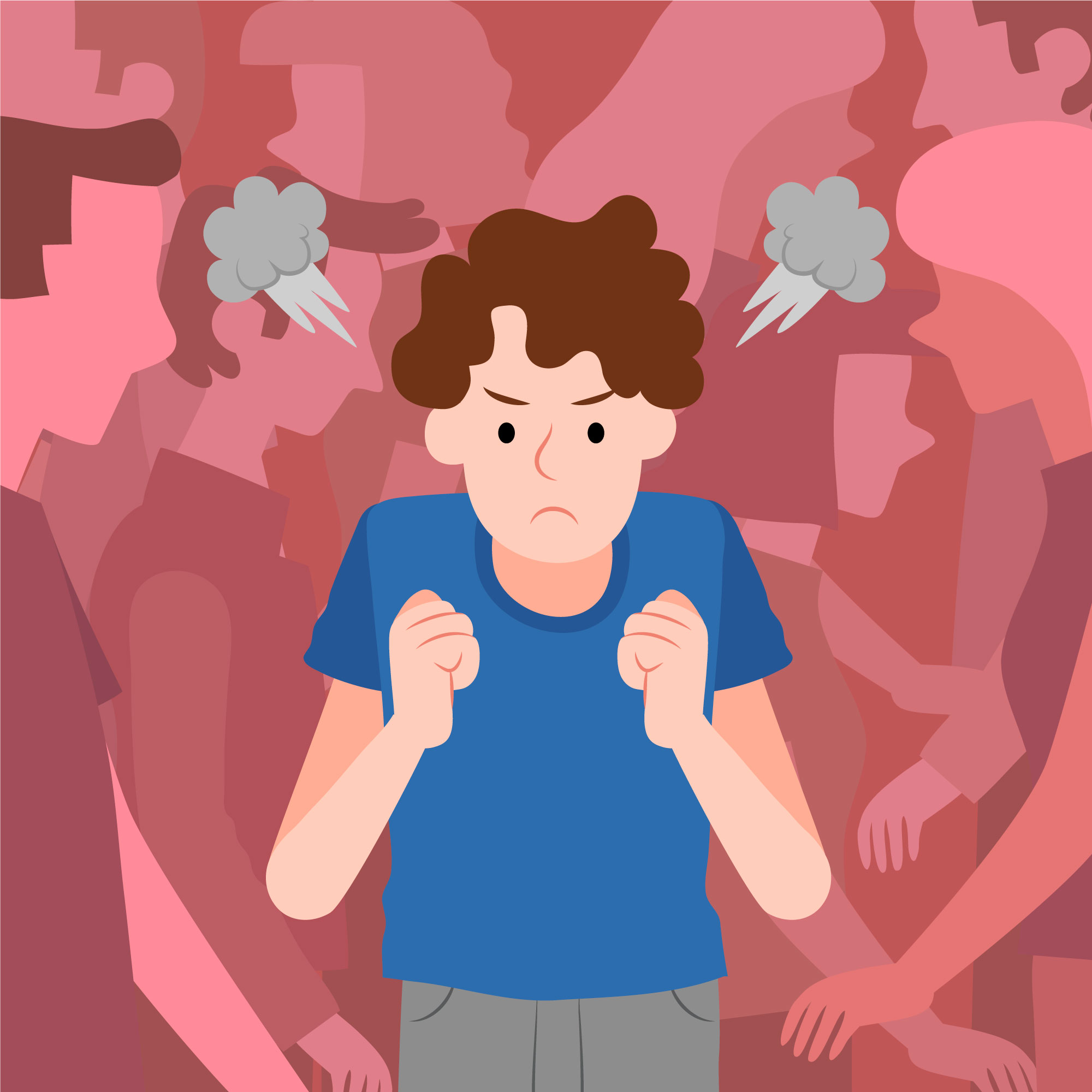“Obstinate” and “obdurate” both mean stubborn, but “obstinate” suggests resistance to change, while “obdurate” implies a hardened, unyielding attitude.
TL;DR Obstinate Vs. Obdurate
Obstinate implies a tenacious refusal to change one’s opinion or course of action, often stemming from a strong belief or personal conviction. It is associated with persistence and determination, sometimes even seen as a positive trait when channeled towards achieving goals.
Obdurate suggests a more hardened or callous nature. It emphasizes an unwillingness to be influenced by others’ opinions or arguments, often accompanied by a lack of empathy. Obduracy can be seen as negative due to its inflexibility and resistance to compromise.
What does being obstinate mean?

Being obstinate means having a firm and unwavering determination to adhere to one’s own opinions, beliefs, or choices. It is characterized by an unwillingness to compromise or consider alternative viewpoints. Obstinate individuals often display stubborn behavior and may resist suggestions or advice from others.
Obstinacy stems from a strong sense of self-confidence and conviction in one’s own ideas. These individuals firmly hold their ground, regardless of the consequences or opposition they face. They are resolute in their decisions and do not easily give in to outside influences.
Obstinance can manifest itself in various aspects of life – be it personal relationships, professional endeavors, or even everyday tasks. An obstinate person might insist on doing things their way without considering alternatives or adapting to changing circumstances.
It’s important to note that while obstinacy may demonstrate strength of character and determination in certain situations, it can also lead to inflexibility and hinder progress. Finding a balance between staying true to oneself and being open-minded is crucial for growth and healthy relationships.
What does being obdurate mean?

Obdurate is a term that describes someone who refuses to change their opinion or behavior, regardless of any reasoning or persuasion. It refers to an individual who is stubbornly unyielding and resistant to any form of influence. When someone is obdurate, they display a strong determination to stick to their own beliefs or decisions, even if it goes against logic or evidence.
Being obdurate implies being inflexible and unwilling to compromise. It often denotes a lack of empathy and open-mindedness towards others’ perspectives. An obdurate person tends to remain steadfast in their position, showing little willingness to listen or consider alternative viewpoints.
The characteristic of being obdurate can manifest itself in various situations. For instance, imagine a colleague at work who consistently rejects suggestions for improvement from teammates because they firmly believe that their approach is the only correct one. This person’s refusal to adapt or consider alternatives demonstrates an obdurate attitude.
Similarly, an example of obduracy could be seen in personal relationships. Imagine two friends engaged in a disagreement over a trivial matter; one friend might refuse any attempts at reconciliation simply due to their inherent obstinacy.
Being obdurate means displaying unwavering stubbornness and resistance towards changing opinions or behaviors. It involves maintaining one’s stance despite logical arguments or external influences
Obstinate Vs. Obdurate – Key differences
| Aspect | Obstinate | Obdurate |
|---|---|---|
| Definition | Stubborn, refusing to change | Resistant, hardened, unyielding |
| Attitude | Persistent refusal to comply | Unmoved by persuasion or appeals |
| Implication | Unwilling to change opinions | Firmly resistant, unyielding stance |
| Behavior | Often implies a stubborn persistence | Suggests a more hardened resistance |
| Usage | Commonly used for people and attitudes | Applied to behaviors, attitudes, and materials |
Examples of Obstinate and obdurate behavior
Obstinate Behavior:
- Refusing to Adapt: An obstinate person may resist adopting new technologies despite their advantages.
- Ignoring Advice: An obstinate student might disregard feedback and stick to their study methods, even if it hinders improvement.
- Political Opinions: Someone obstinate in their political beliefs may reject opposing views without consideration.
Obdurate Behavior:
- Unyielding Grudge: An obdurate individual might maintain a longstanding grudge, unwilling to forgive or reconcile.
- Persistent Resistance: An obdurate employee might resist company changes despite clear reasons for the adjustments.
- Inflexible Decision: A leader’s obdurate stance on a policy could lead to a lack of adaptability in the face of changing circumstances.
Image Credits
Featured Image By – 8photo on Freepik
Image 1 By – Nikki Simmons from Pixabay
Image 2 By – Freepik









